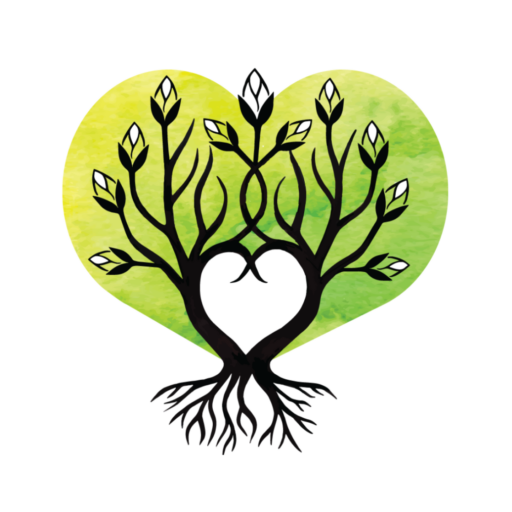Ice Bathing is a form of Cold Water Therapy also known as Cold Water Immersion. And we’re thrilled to be able to bring ice bath sessions to Cooroy.
Ice baths involve submerging your body into a bath of icy cold water for a brief period of time, usually around three to five minutes. Our fully qualified instructor will gently guide you through the process and never push you outside your comfort zone.
Our ice bath is a roomy rectangular tub with a built-in chiller. It’s also equipped with a constant water flow through a 20 micron filtration system for crystal clear water at all times.
The ice bath is a roomy 7ft length – no more squashing yourself into a barrel bath – and can easily fit two people for couples and friends to share the experience together.
Benefits
The benefits of ice baths are many and varied – and when practised on a regular basis, the positive effects last even longer. A regular cold plunge might just be your secret weapon in unlocking a treasure trove of holistic mind and body wellness.
While the thought of submerging yourself into a tub filled with icy cold water may send shivers down your spine, research reveals proven ways icy dips can support overall health.
Increased Metabolism & Fat Burning
Plunging into an ice bath can shock your body into burning more calories. The extreme cold triggers your stores of brown fat, also known as brown adipose tissue (BAT), to release energy and generate heat in a process called non-shivering thermogenesis.
Multiple studies have shown that cold exposure from ice baths activates BAT, temporarily boosting metabolic rate during the exposure. The colder the water, the greater the metabolic stimulation.
Reduced Insulin Resistance & Improved Insulin Sensitivity
The same studies linked to above also showed that cold water immersion can reduce insulin resistance and improve insulin sensitivity. This may have a protective effect against cardiovascular, obesity and other metabolic diseases and could have prophylactic health effects.
Improved Mental Health
Studies show that short-term cold-water immersion may have integrative effects on brain functioning, contributing to improvement in mood via elevated positive emotions and a decreased negative emotional state. Participants felt more active, alert, attentive, proud, and inspired and less distressed and nervous after immersion.
Boosting willpower, motivation and innovation, the shock of an icy plunge electrifies both body and mind, stimulating a cascade of hormones and neurotransmitters that amplify motivation, sharpen cognition, and spur creativity.
As the freezing water hits the skin, the sympathetic nervous system initiates an energizing fight-or-flight response. Noradrenaline surges through the body, elevating mood, intensifying alertness, and inducing a potent focus ideal for driving willpower.
This study found that cold water immersion is a well-tolerated therapy that is capable of significantly improving mood.
Improved Emotional Resilience
The extreme cold of an ice bath provides intense mental training for developing emotional resilience. Facing the cold plunge in a calm and controlled way requires techniques such as stress reframing and mindfulness.
Gradually acclimating to the cold acts as stress inoculation, enabling better coping when real crises strike. This parasympathetic regulation response teaches physiological self-soothing skills.
Improved Sleep
Taking an ice bath a few hours before bedtime could be an effective, natural way to get better sleep by triggering several beneficial bodily responses that scientific research has linked to improved sleep quality.
While the mechanism is not completely understood, a 2021 study of endurance runners concluded that participants who brave full-body cold exposure – such as ice baths – achieve greater deep sleep within the first three hours, wake up less frequently throughout the night, and experience less heart rate variability during sleep.
Dr James Ibrahim at the Royal Australian College of General Practitioners says the increased levels of norepinephrine and dopamine that result from taking an ice bath makes cold exposure helpful for people with mild depression and a “fantastic alternative” to melatonin and sleeping tablets for people suffering from sleep disorders or circadian dysfunction.
And this from Nick Cave in Issue 288 of his Red Hand Files…
Some years ago, the winter after Arthur died, I was walking along an empty beach in Brighton and had the sudden impulse to jump into the sea. I was shocked to find that, upon entering the freezing water, I experienced a sudden, violent, radical rearrangement of my relationship with almost everything. I discovered that it was simply impossible to grieve in icy water. This revelation began my love affair with cold-water swimming.
When I am in London, I wake up early, walk through the woods with some other wild swimmers, and jump into the lake. During winter, with water temperatures dropping to freezing, this is nothing less than a catastrophic outrage to the nervous system and an excruciatingly intimate engagement with one’s mortality.
This encounter obliterates all anger and worldly woes. To quote Roger Deacon’s beautiful book, Waterlog, you plunge into the lake with all your raging devils and clamber out ‘a giggling idiot’. In icy water, with our adrenaline and endorphins running riot, we are returned to our innocent, primordial selves via an internal ecstatic screaming to be born defiantly afresh. We become tiny creatures in the shock of nature, and, Freya, we are made happy!
As my friends and I make our way back through the woods, borne on the wings of God’s laughing angels, in the grip of some massive dopamine surge, we understand we are better now. This sense of delight, this shivering joy, will remain with us as we go about our day.

